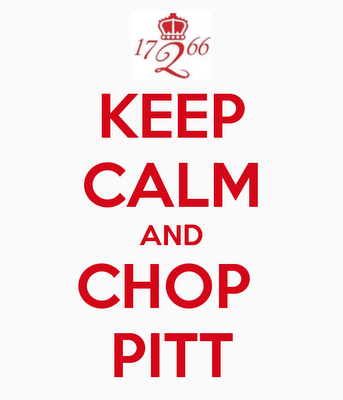Today's the 143rd anniversary of the first intercollegiate football game between Rutgers and Princeton (and Notre Dame is making a big fucking deal about their 125th anniversary this year).
About a dozen years ago I was lucky enough to receive as a present the book that you see to your right. If the gift-giver who stumbled on it in a used book store had been a loyal son of Rutgers rather than a graduate of Boston University, he never would have passed this treasure along to to me. It's long out of print (it doesn't even have an ISBN number); it was published to coincide with the 200th anniversary of Rutgers in 1966. This little (250-page) book consists of about 40 short chapters or anecdotes about our alma mater (including the one retyped below). Rutgers University Press also published a larger, more official title,
, by Richard P. McCormick, chairman of the History Department in 1966 and a professor of mine in 1973 (and the father of the former President McCormick).
The details of the game reprinted below are a little like reading the details of a cricket match (if, like me, you don't know all the rules of cricket), but here's the first-hand report of the first intercollegiate game of "foot-ball" played on American soil; here it is exactly as reported first in the
, edited by George Lukac, New Brunswick: Rutgers University Press, 1966, pages 67-69.
Enjoy! But remember, there will be a pop quiz on this information later this year.
On Saturday, November 6, Princeton sent twenty-five picked men to play our twenty-five a match game of foot-ball. The strangers came up in the ten o’clock train, and brought a good number of backers with them. After dinner, and a stroll around the town, during which stroll billiards received a good deal of attention, the crowd began to assemble at the ball ground, which, for the benefit of the ignorant, we would say, is a lot about a hundred yards wide, extending from College Avenue to Sicard Street. Previous to calling the game, the ground presented an animated picture. Grim looking players were silently stripping, each one surrounded by sympathizing friends, while around each of the captains was a little crowd, intent upon giving advice, and saying as much as possible. The appearance of the Princeton men was very different from that of our own players. They were almost without exception tall and muscular, while the majority of our twenty-five are small and light, but possess the merit of being up to much more than they look.
Very few were the preliminaries, and they were quickly agreed upon. The Princeton captain, for some reason or other, gave up every point to our men without contesting one. The only material points were that Princeton gave up “free kicks,” whereby a player, when he catches the ball in the air, is allowed to kick it without hindrance. On the other hand, our practice of “babying” the ball on the start was discarded, and the ball was mounted, in every instance, by a vigorous “long kick.”
Princeton won the toss, and chose the first mount, rather oddly, since it had been agreed to start the ball against the wind. At three p.m. the game was called. The Princetonians suffered from making a bad “mount” or “buck” as they call it; the effects of which were not remedied before the sides closed, and after a brief struggle, Rutgers drove it home, and won, amid great applause from the crowd. The sides were changed, Rutgers started the ball, and after a somewhat longer fight Princeton made it a tie by a well directed kick, from a gentleman whose name we don’t know, but who did the best kicking on the Princeton side.
To describe the varying fortunes of the match, game by game, would be a waste of labor, for every game was like the one before. There was the same headlong running, wild shouting, and frantic kicking. In every game the cool goal-tenders saved the Rutgers goal half a dozen times; in every game the heavy charger of the Princeton side overthrew everything he came in contact with; and in every game, just when the interest in one of those delightful rushes at the fence was culminating, the persecuted ball would fly for refuge into the next lot, and produce a cessation of hostilities until, after the invariable “foul,” it was put in straight.
Well, at last we won the match, having won the first, third, fifth, sixth, ninth, and tenth games; leaving Princeton the second, fourth, seventh, and eighth. The seventh game would probably have been added to our score but for one of our players, who, in his ardor, forgot which way he was kicking, a mistake for which he fully atoned afterward.
To sum up: Princeton had the most muscle, but didn’t kick very well, and wanted organization. They evidently don’t like to kick the ball on the ground. Our men, on the other hand, though comparatively weak, ran well, and kicked well throughout. But their great point was their organization, for which great praise is due to the Captain, Leggett ’72. The right men were always in the right place.
After the match, the players had an amicable “feed” together, and at eight o’clock our guests went home, in high good spirits, but thirsting to beat us next time, if they can.

































